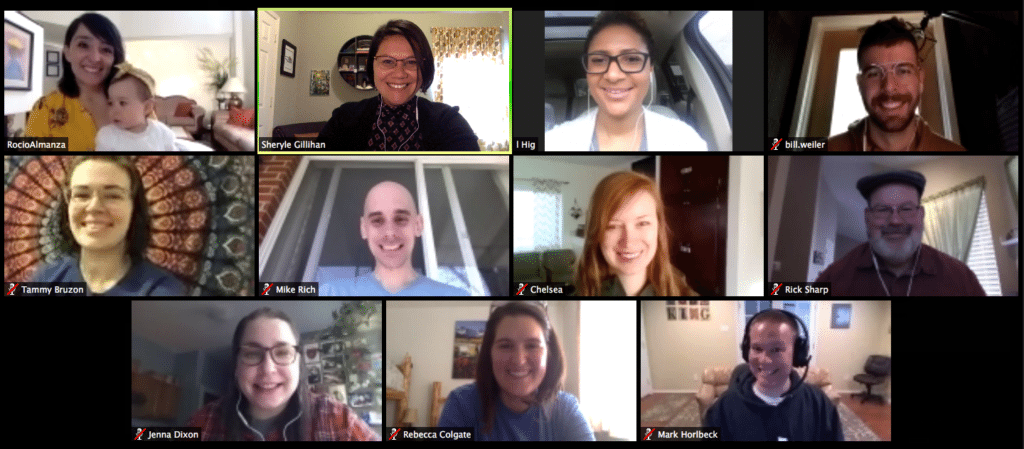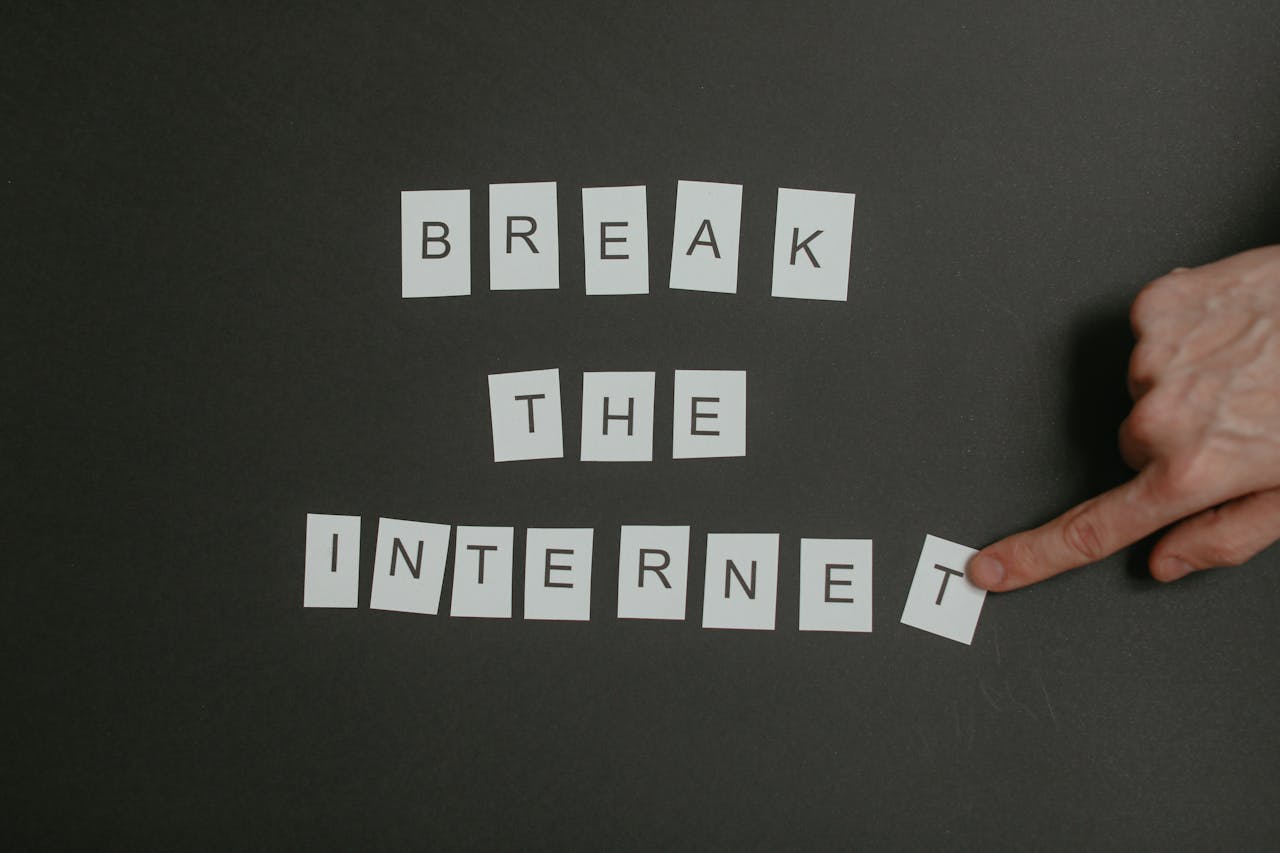Technology has vastly transformed the job landscape and companies that thrived for decades found themselves behind the curve or worse, bankrupt and destitute.
We are at the beginning of this crazy SciFi rollercoaster. Technology continues to evolve and the pace of it is exponential. Some of these new innovations disrupt entire industries. I keep asking myself, “Will my job be relevant in five years? How about ten years?”

What’s A Kodak Moment?
Let’s look at one industry we know has changed dramatically, photography. My children have never developed a single roll of film. The cameras on their pocket sized phones continues to improve and the processing apps and filters give them the ability to create their own vision of beauty. In today’s society, we are all potential artists and can gather massive followings on social media outlets. If you made or developed film for a living, your primary business model is obsolete.
Blockbuster Busted
Do you remember Blockbuster? Did you know that Reed Hastings of Netflix tried to join forces with them? They laughed him out of the room. Blockbuster’s confidence led to bankruptcy in 2010 with the rise of digital media delivery methods. With it went a boatload of jobs for high schoolers.
Fees Are Disappearing
Here’s another example, banking. Don’t dismiss this without thinking it through. Crypto currencies such as bitcoin are getting noticed, and guess what, there are no banking fees, merchant account fees, credit card processing fees, or foreign currency exchange rate losses. Sure, adoption is low now, but that could shift. Especially, for nonprofit organizations who get the full total of their donations because their conversion fees are also waived.
You Are An Investor
Okay, if that’s a little too futuristic for you, let’s talk about impact investing. People ask me what impact investing is and I tell them, “In a way, you’re already an impact investor and you’ve likely been one for years before the term meant anything.” Puzzled? Have you ever put money in the bank? Do you think it sits in a vault? No, these funds are pooled together and redistributed as loans and investments.
The big difference is you’re making pennies and the banks are making money, on your money. The other big difference is you don’t get to choose who gets the loan or where you invest this money. You may know how your bank invests its funds in your community, but I bet the majority of us only see this as an investment in ourselves, our savings. We don’t view our money in the bank as an investment in our community. Impact investing has its risks, that’s why interest rates on loans are high. If you think of yourself as the banker in monopoly, you’ll start to understand that impact investing lets you control which causes you support, where your money goes, and how much return you should receive in what duration of time.
Even Our Money Has Purpose
So yes, I think that banks should be aware and concerned especially, if they are not transparent about their values, issues they support, investments, or returns. If your bank fees are high, there are plenty of other banks that can alleviate that pain point for customers, but there are also new measurements for a “good” bank. Purpose-driven, service-minded millennials are starting to choose their banks by the values and mission of the banks who re-invest into local community causes. Banking jobs may not disappear in five years, but let’s consider a couple more factors. After the 2008 financial crisis, people are already disenchanted and with the rise of mobile transactions, banks such as USAA and First Command can function without the overhead of physical buildings on every street corner. Mobile money is already here; there’s no denying the fact. Banks already compete with each other on everything from zero fees to shiny full featured apps. Now, they can also market their causes whether they are supporting the local small business scene or providing secured loans to at risk youth to safely build their credit scores so that they can get housing, jobs, cars, etc.
Let Me Call My Driver
Another fading industry could be the manufacture and sale of traditional cars and driving industries. Some people are already choosing mass transit and Lyft over buying or renting a car. Kids today don’t care or want to drive. Many are choosing not to get their licenses. I know, my teenager was one of them! When self-driving cars become more prominent, this whole sector will be shaken more than the photography industry. Companies like Toyota are already considering their future. They know that it takes years to catch up if they get behind in technology. They know that if they don’t adapt, they will die.
Alexa, Google, Siri, Oh My!
If you’re a customer support rep for a product or software service, you should start learning about setting up chatbots and digital repositories for AI services. Just because we want to talk to a human because automated menus and recordings have thus far failed us, doesn’t mean that we’ll get the best service, the right answers, or save time (or money) when waiting for a human rep. Machine learning and AI could improve to the point of replacing us in this capacity. I expect it should because the speed at which it can process data and possible answers is a win for those waiting on hold indefinitely.
Is Anything Sacred?
So I ask myself again, “Will my job be relevant in five years?” For now the answer is yes. Computers have not yet replaced the human capacity for empathy and critical thinking to solve complex human problems such as injustice and poverty. Machines can crunch numbers, analyze data, and dig through years of research to answer questions much faster than I can, but it doesn’t yet know how to program itself to create the custom algorithms or interview people in crisis or create strategies and programs for human-centered solutions.
If we allowed computers to do what is in our best interest, we might be living in the movie I, Robot. Don’t laugh, I know this creeps us all out a little. I feel my job is safe for now. There are a few other jobs I feel are safe and necessary though you can talk to me separately about my reasonings for each: case workers, lawyers, firefighters, teachers (though the methods may change), consultants, mental health professionals, nurses, and parents. This list is by no means exhaustive, it’s just a few industries that I feel will withstand some of the latest innovations, evolutions, and trends in technology.



